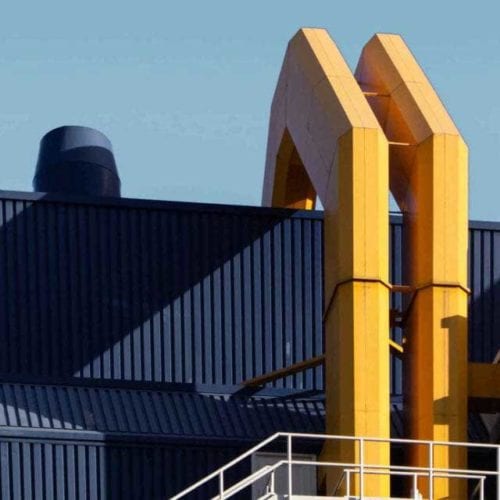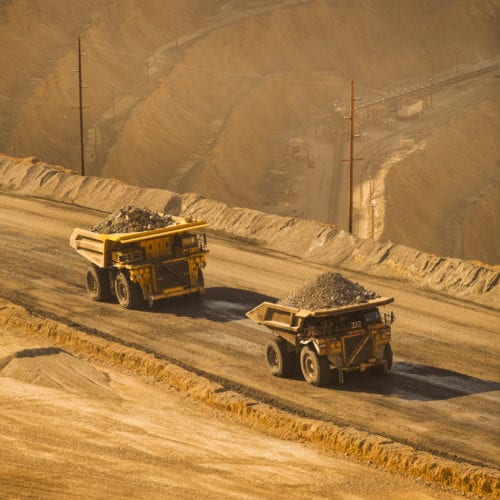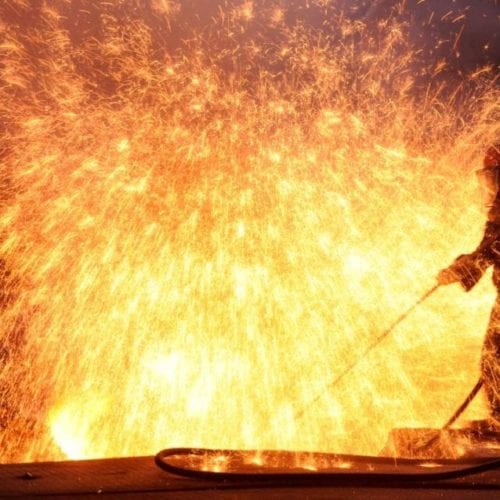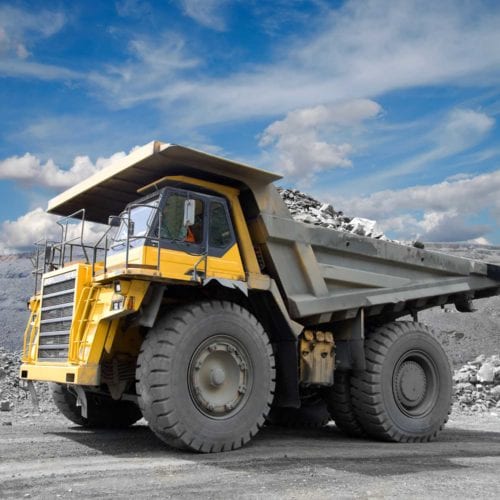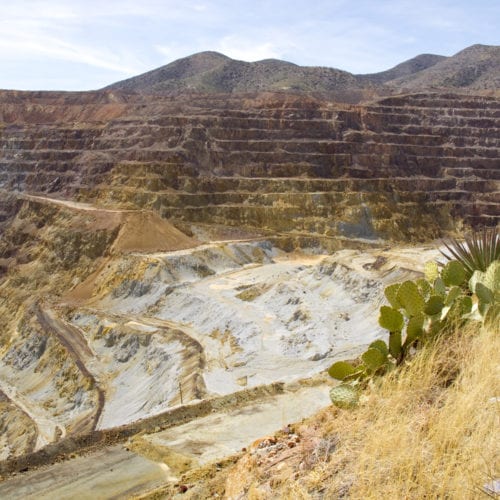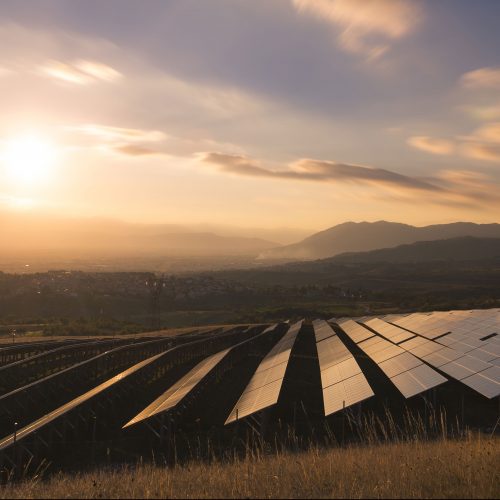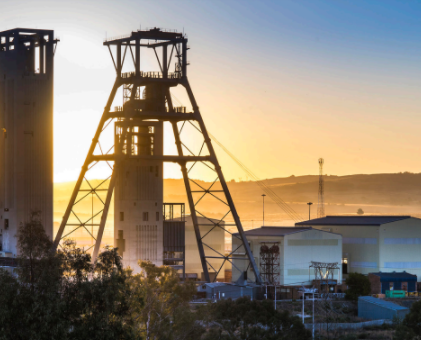Ned Harvey
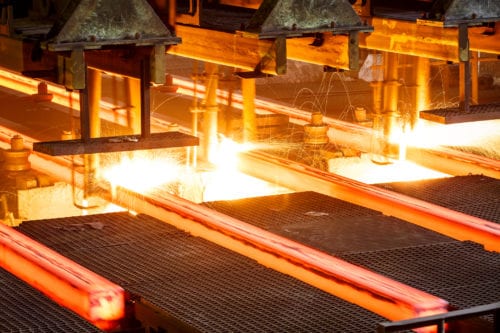
Material Value Chains
We are decarbonizing the materials that go into our everyday goods, including metals and minerals, steel, and cement.

What Is the Material Value Chains Initiative?
We’re focused on decarbonizing the sourcing and transformation of raw materials like minerals, metals, cement, and plastic. Expanding on our current expertise in mining, we will use a blend of thought leadership, direct customer engagement, and scaling mechanisms to help spur decarbonization of the materials that are the foundation of our everyday lives.
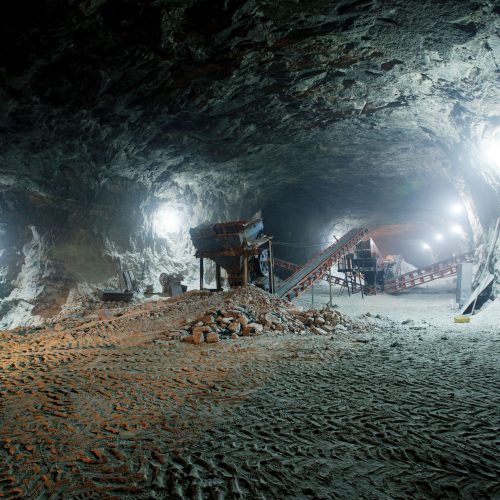
Why It Matters
Carbon emissions from mining, steel, and cement account for almost seven gigatons of emissions each year, which is equal to the emissions from a year’s worth of electricity for over 1.2 billion homes, almost ten times the number of homes in the United States.
WHAT WE’VE ACCOMPLISHED

COMET
Together with MIT’s Sustainable Supply Chains initiative, the Columbia Center for Sustainable Investment, and the Colorado School of Mines, we have launched COMET (the Coalition on Materials Emissions Transparency) to create a universal greenhouse gas (GHG) calculation framework for the mineral and industrial supply chains.
Photovoltaic Solar Array In Rosamond, California
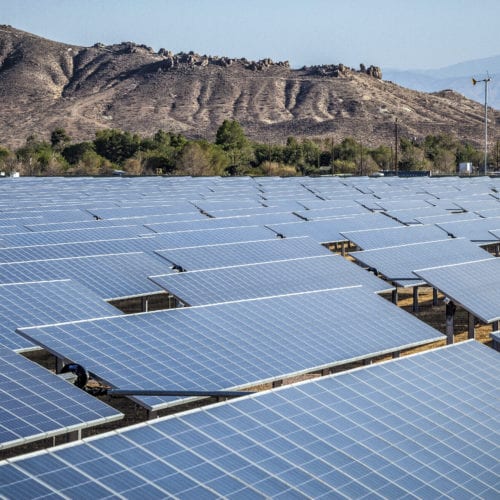
Renewable Resources at Mines Tracker
RMI’s Renewable Resources at Mines tracker (R2M) provides sourced data on renewable energy projects sited at mines, either active or legacy, as well as projects owned by mining companies. All data collected is publicly available and includes both commissioned and announced projects.
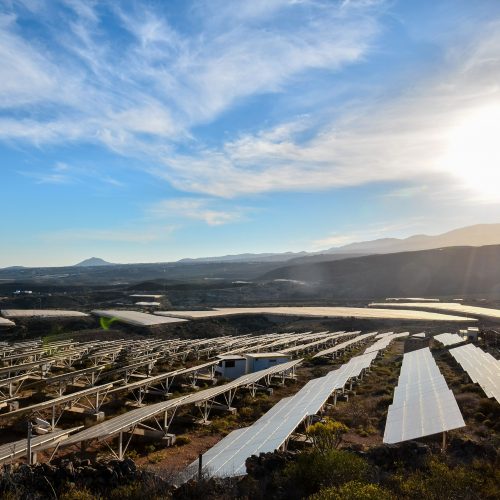
BHP
In 2017, the Material Value Chains team at Rocky Mountain Institute worked with the multinational mining company BHP on an energy and sustainability analysis of BHP's North American portfolio of 22 legacy mines. The goal of this analysis was to identify a ranking of the best potential sites for redevelopment into grid-scale renewable energy generating assets. As a result, the team identified over 500 MW of potential new capacity build. Sunshine for Mines' analysis considered both commercially established technologies like solar PV, wind energy, pumped hydro, and lithium-ion battery storage, as well as innovative options including electricity generation from shaft airflow and flywheel batteries. Sunshine for Mines continues to work with BHP on developing the top-ranked sites and advising on project pipeline life cycle from design to commercialization.
Latest Insight Brief in partnership with BHP: A Second Life for Legacy Mines
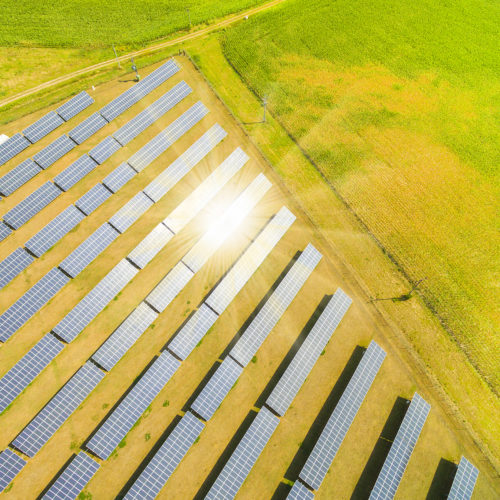
Anglo American
RMI were asked by Anglo American to take part in their FutureSmartTM Energy Open Forum in 2016. As part of the stimulus ahead of the ideation sessions, RMI developed a conceptual solution for a zero-carbon, off-grid Tier 1 production copper mine. Considering a number of renewable options, the study demonstrated clearly the current economic limits of renewable power as a viable power option for a large-scale operating mine and succeeded in its objective of stimulating valuable discussion on the use of renewables in the mining industry.
In 2018, RMI completed a study on the financial and carbon impacts of alternative fuels and transportation methods relative to Anglo American’s current diesel-based haul fleet. The project showed the potential to reduce GHG emissions for new mines through integrating nontrucking solutions, like trolleys and in-pit crushing and conveying, and for active mines through switching to alternative fuels such as biodiesel or liquid natural gas.
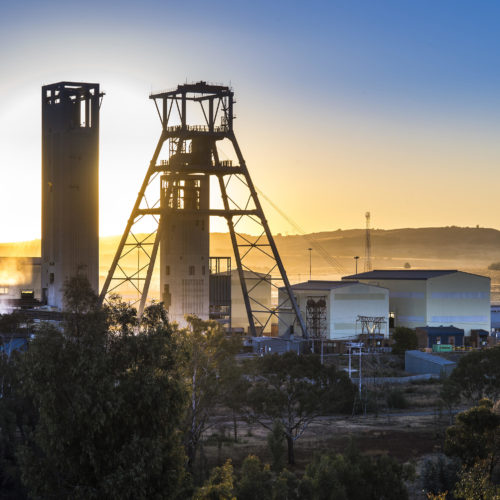
Gold Fields
In 2015, Gold Fields engaged with RMI’s Material Value Chains team to undertake a company-wide energy security plan review and then to design and develop a renewable energy solution for South Deep. Sunshine for Mines delivered a solution comprised of 40 MW of solar PV with up to 7.5 MWh of storage, which is competitive with grid energy costs, enhances the reliability of supply, and has a positive benefit-to-cost ratio. Sunshine for Mines served as an advisor and knowledge partner throughout the review, design and procurement process.
Downloads:
- Gold Fields & RMI: Integrating Solar Power into Gold Fields’ South Deep Mine, Energy & Mines, January 2016
- Gold Fields: The Role of Alternative Energy in Addressing Mining's Energy Challenges: Our Experience, Energy & Mines, November 2016
- Gold Fields: 2016 Annual Report
- RMI's Sunshine for Mines: Gold Fields Case Study
OUR TEAM

From the planning stage through the RFP process, Rocky Mountain Institute’s Material Value Chains program was a valuable strategic advisor and knowledge partner as we sought leading-edge energy solutions.
‐Tsakani Mthombeni, Global Head of Carbon & Energy, Gold Fields
RESOURCES
2020
2020
2019
2019
2019
2019
2019
2019
2018
2018
2018
2018
2018
2017
2017
2017
2017
2017













